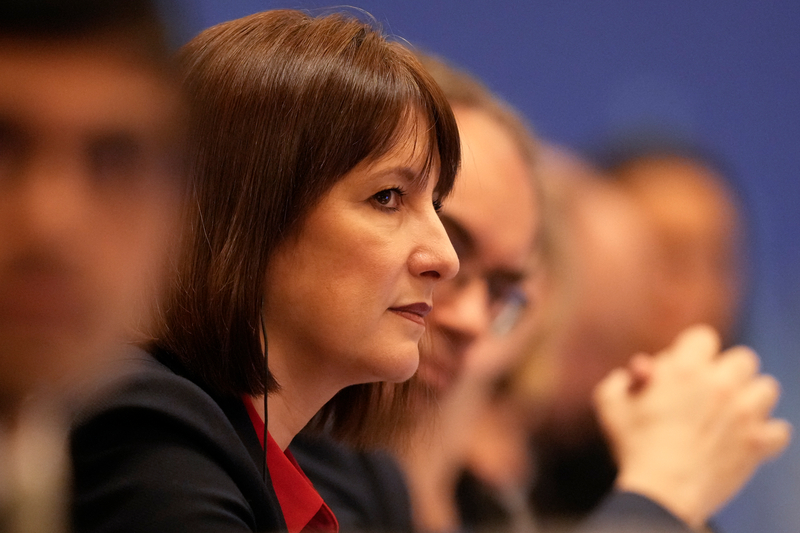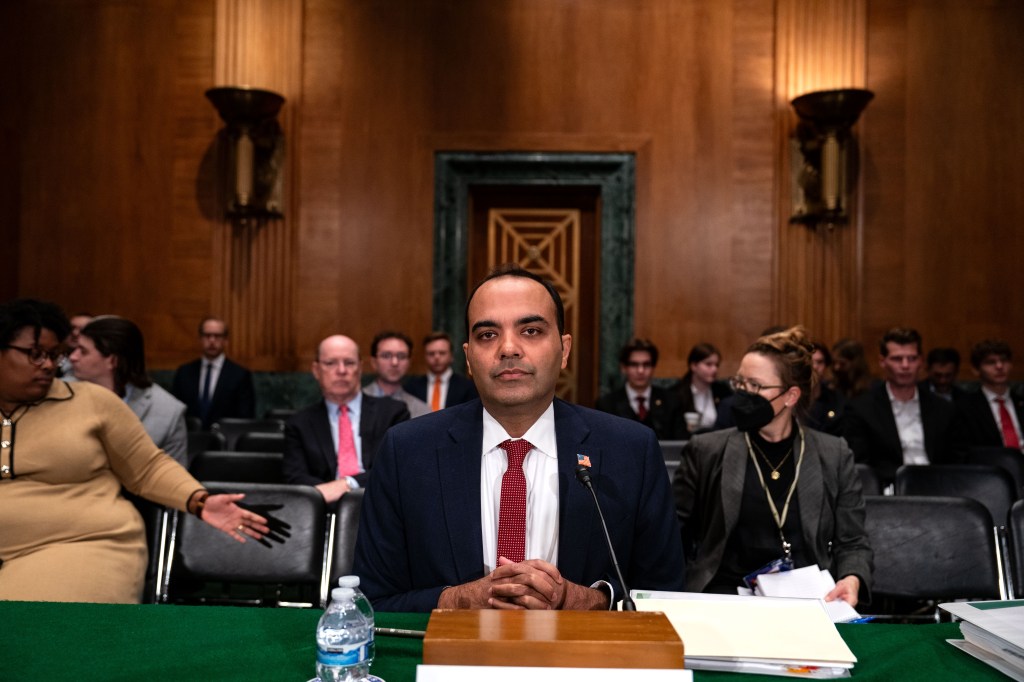The Hong Kong government has signalled its intention to develop “a vibrant sector and ecosystem for Virtual Assets (VA) in Hong Kong”.
In a policy statement issued at the start of Hong Kong FinTech Week, the city’s flagship tech conference, the government emphasizes that: “As an international financial centre, Hong Kong is open and inclusive towards the global community of innovators engaging in VA businesses.” To facilitate this, it aims to “put in place timely and necessary guardrails to mitigate actual and potential risks in line with international standards, so that VA innovations can thrive in Hong Kong in a sustainable manner”.
Retail investors
The Hong Kong Securities and Futures Commission (SFC) will carry out a public consultation to examine how retail investors can get “a suitable degree” of access to VA, and the body has indicated it will be “open to the possibility of having Exchange Traded Funds (ETFs) on VA in our market.” The government is also to examine the issue of property rights for tokenized assets, and legal issues around smart contracts.
A number of pilot projects are also being considered, such as NFT issuance for Hong Kong Fintech Week, green bond tokenization, and e-HKD.
The statement includes an appeal to the global VA community “to join hands with us and leverage on Hong Kong’s status as an international financial centre to realise the potential of financial innovations under a clear, agile and facilitating regulatory environment”.
Sustainable development
Christopher Hui, Secretary for Financial Services and the Treasury, said: “We welcome the clustering of Fintech and VA community and talents in Hong Kong, and we will promote the sustainable development of financial services across the whole VA value chain.”
Giving the keynote address at Hong Kong FinTech week, Julia Leung, Securities and Futures Commission Deputy Chief Executive Officer, said: “An effective regulatory framework must ensure that cryptoasset activities posing risks similar to traditional financial activities are subject to the same regulatory outcomes, while taking account of the novel features of crypto-assets and harnessing their benefits.”
She added that the SFC was adjusting its view on tokenized securities, saying that: “In substance, they have similar terms, features and risks as traditional securities, so it does not seem appropriate to classify them as “complex products” merely because they are issued or traded on a blockchain.”

















